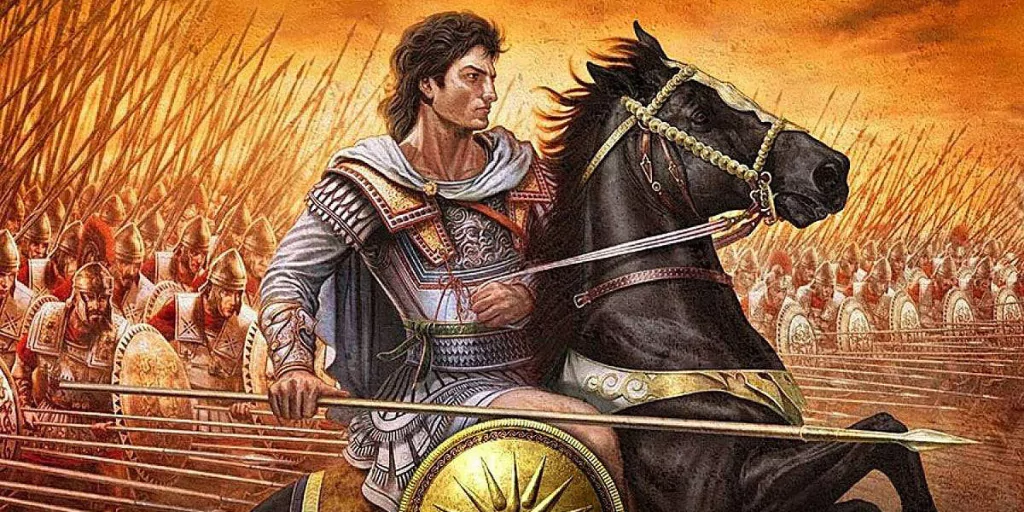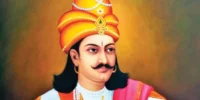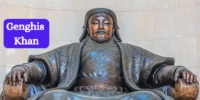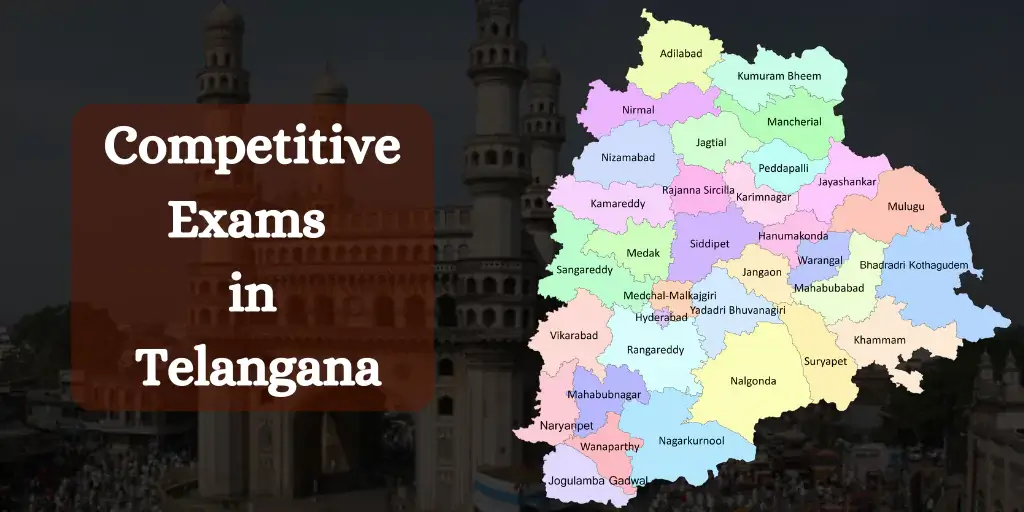One name often comes to mind when discussing the greatest kings in history: Alexander the Great. He was the son of King Philip II and Queen Olympias and was born in Pella, Macedonia, in 356 BCE. Under the guidance of the renowned philosopher Aristotle, Alexander cultivated a keen mind, intense curiosity, and an unwavering desire to rule the world.
He established one of the greatest empires in history, spanning from Greece to Egypt and India, by the time he was thirty years old. His narrative encompasses not only conquering but also culture, heritage, and vision.
Early Life and Education
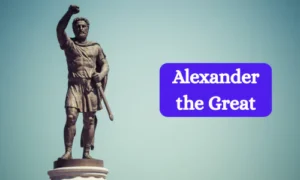
- Born into Macedonian royalty in 356 BCE.
- He received instruction from Aristotle, who taught him about literature, physics, philosophy, and medicine.
- His father, King Philip II, was a skilled strategist who taught him leadership and combat skills.
Alexander was a rare leader because he combined military expertise and intellectual acumen.
Rise to Power
Alexander took the throne at the age of 20 following the assassination of King Philip II in 336 BCE. Alexander demonstrated his leadership and military prowess by swiftly putting down numerous Greek city-states that attempted to rebel.
Conquests and Empire
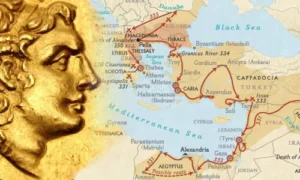
Alexander’s military campaigns are legendary:
1. Battle of Granicus (334 BCE) – His first major victory against the Persian Empire.
2. Battle of Issus (333 BCE) – Defeated Persian King Darius III, showing tactical brilliance.
3. Conquest of Egypt (332 BCE) – Founded Alexandria, which became a hub of learning and trade.
4. Battle of Gaugamela (331 BCE) – A decisive win that ended Persian dominance.
5. Indian Campaign (327–325 BCE) – Defeated King Porus at the Battle of Hydaspes, impressed by his bravery and made him an ally.
By the time his campaigns ended, his empire spanned three continents — Europe, Asia, and Africa.
The Legacy of Alexander the Great
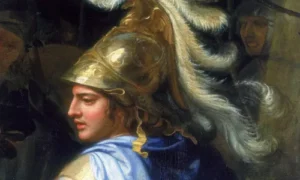
- Hellenistic culture extended extensively, including Greek language, art, science, and philosophy.
- City Foundations: He established almost 20 cities named Alexandria.
- Military genius: Recognised for inventive tactics, quickness, and flexibility.
- Inspiration for Future Leaders: From Julius Caesar to Napoleon, many people admired and studied their campaigns.
Death and division of the empire
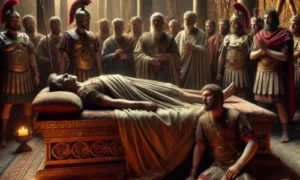
Alexander died in Babylon in 323 BCE, at the early age of 32. The specific reason remains unknown; suggestions include fever, poisoning, or disease. After his death, his empire was divided among his generals (the Diadochi), resulting in Hellenistic kingdoms.
Conclusion
Alexander the Great’s life may have been brief, but his achievements were enormous. He was more than simply a conqueror; he was a visionary who brought cultures together, broadened knowledge, and left an indelible mark on history. His kingdom may have fallen following his death, but his legacy of brilliance continues to inspire the world today.
FAQs on Alexander the Great
1. Who was the teacher of Alexander the Great?
Aristotle, the famous Greek philosopher.
2. At what age did Alexander become king?
At the age of 20, after his father Philip II’s assassination.
3. Which Persian king did Alexander defeat?
Darius III of Persia.
4. Which Indian king did Alexander fight against?
King Porus at the Battle of Hydaspes (326 BCE).
5. When and where did Alexander die?
In 323 BCE at Babylon, at the age of 32.


